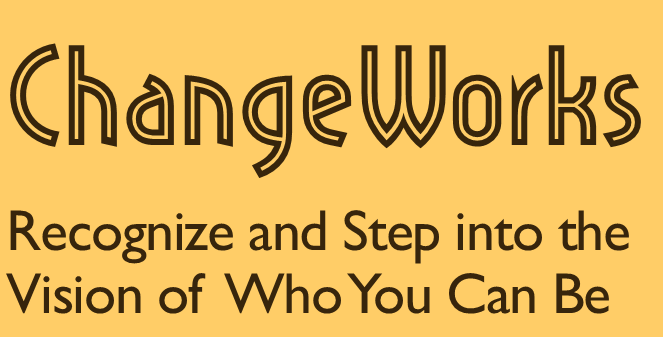Printed in “Progressive Health” Winter, 2004
I have been working in the field of change for the last 20 years. First, I worked with organizations and individuals in organizations to help them create positive change. Then in the last seven years I have worked with private clients utilizing integrated energy therapies, or CLEAR* When I first started using the energy therapies, I thought that I would no longer need the behavioral techniques that I had used for so long. The energy therapies seemed to be so thorough and powerful that people made changes naturally without much effort. The clearing of traumas and blocking beliefs from the system allowed the person to respond in appropriate and mature ways rather than responding to trauma in a fight or flight mode. But there are cases where behavioral therapy is critical.
When we have been behaving a particular way our whole lives, we don’t have experience doing it a different way. Even though past trauma may no longer be impacting the person, new behaviors can feel awkward and difficult. Or clients have a sense of what they should do, but just feel too awkward or are not motivated or supported in the change process. So it is important to identify new behaviors necessary and to practice these behaviors. It is easiest if the behaviors are small, do-able and repeatable steps. It is also helpful if there is support (from a therapist, partner or friend) and follow-up regarding the proposed steps.
One of my clients had been very reserved and analytical his whole life. He got very sick and anxious and he couldn’t sleep at night. He saw me three times to clear trauma and blocking beliefs that created his anxiety. Within two weeks he was relatively anxiety-free, and sleeping normally. But he wanted to practice new behaviors to create a more loving relationship with his children and wife. In the past he had been very critical and in most of his interactions, he evaluated people. We decided he would give each child and his wife positive feedback on something they did at least once a week. And at work he would find something good to say about someone at least once every day. He has practiced these few behaviors over the past month and he has gradually been changing his relationship with his children, his wife, and people at work.
An example of a deeper behavioral change is a client who had seen me about six times for energy therapies to clear quite a bit of trauma and depression. She felt stronger and happier than she felt in a 20 years. But she was still upset with the man with whom she was involved. He was abusive and could be mean to her. She responded by being silent initially and then later lashing out. She gave the relationship about a two on a scale of ten in terms of her hope that it would survive. It was clear to me that in order for the relationship to change she had to change her behaviors toward this man.
She needed to acknowledge that what he was doing was not acceptable. And she needed to deal with him up-front and tell him what she was upset about in a calm and specific way–she needed to describe the behavior that was not acceptable and tell him what she did want from him. Secondly, she needed to stop reacting to him because when she did, she was abusive in return–which kept her stuck in the pattern of abuse. She agreed and told her boyfriend these things and he responded well, changing his behaviors toward her. In her last visit with me, she said she gave the relationship an eight in terms of her hope for its survival.
In the above case, the client had cleared trauma of abuse, but her behavior kept her stuck in abusive situations–until she shifted her way of handling abuse. When she began respecting herself and creating guidelines for what was acceptable and then communicated these guidelines to her boyfriend, shifts began to occur. She also had to stop her own abusive behaviors. If we want change, it is critical that our behaviors are not exhibiting the problem, or we will find that we create it over and over again. Another helpful example of this is someone who feels that people don’t listen to him. He needs to examine his behavior—does he talk so much that others get tired of listening? Or when he talks, does he speak of irrelevant or unimportant things? This could easily be the origin of the problem of his not feeling heard. If so, he needs to be committed to speaking only when necessary, and only on important things.
So even though the energy therapies are powerful tools to create change, there are times when behavioral therapy is also necessary to support the process. Clients need suggestions for how to change their behavior (often they don’t see the origins or why they are stuck with a particular pattern). And they need support and follow-up on the changes they want to create in their lives.
Julie Roberts specializes in personal and organizational change and has been trained in Reiki, the Energy Therapies, intuitive counseling, group process and organization development. She teaches, runs workshops and works with individuals and organizations in leadership development, and energy therapies. She sees clients at her home in Northern Chester.
*CLEAR is an integration of Energy Therapies that help to clear trauma, anxiety, anger, depression, panic attacks, allergies and more. They help to heal the body, and free us of limiting beliefs and negative behaviors. The therapies utilize acupressure points, chakras, and energy centers to help clear the issue being addressed. Muscle testing is utilized to help determine issues that need attention, methods that will release that issue, and progress made.

